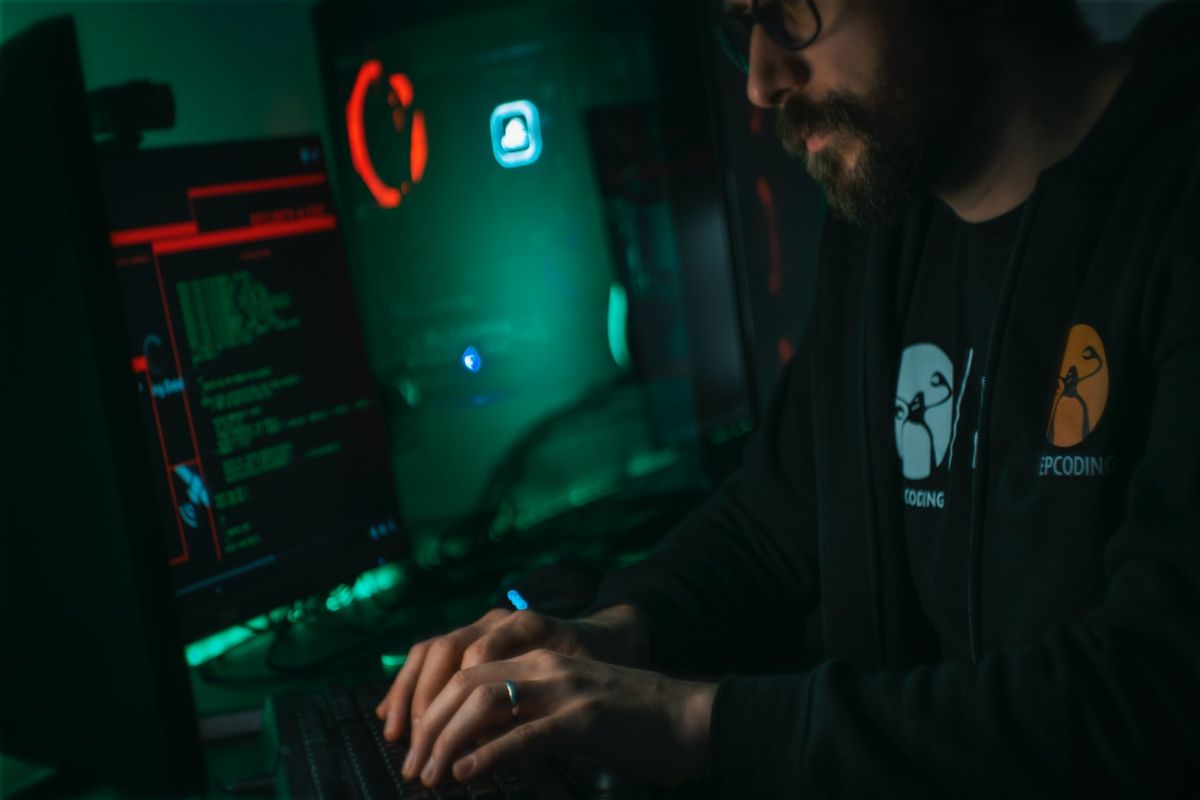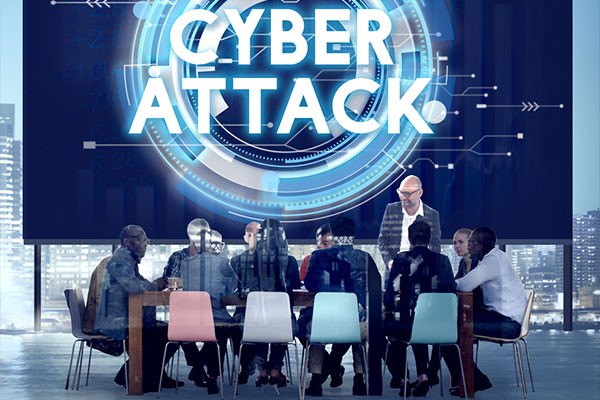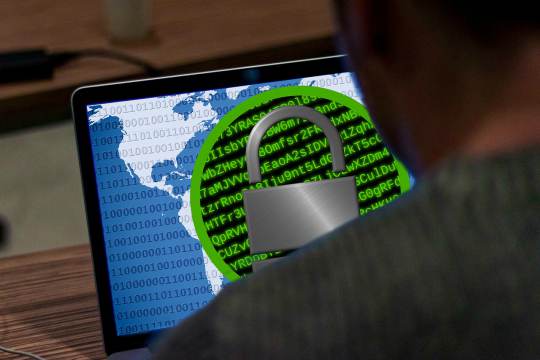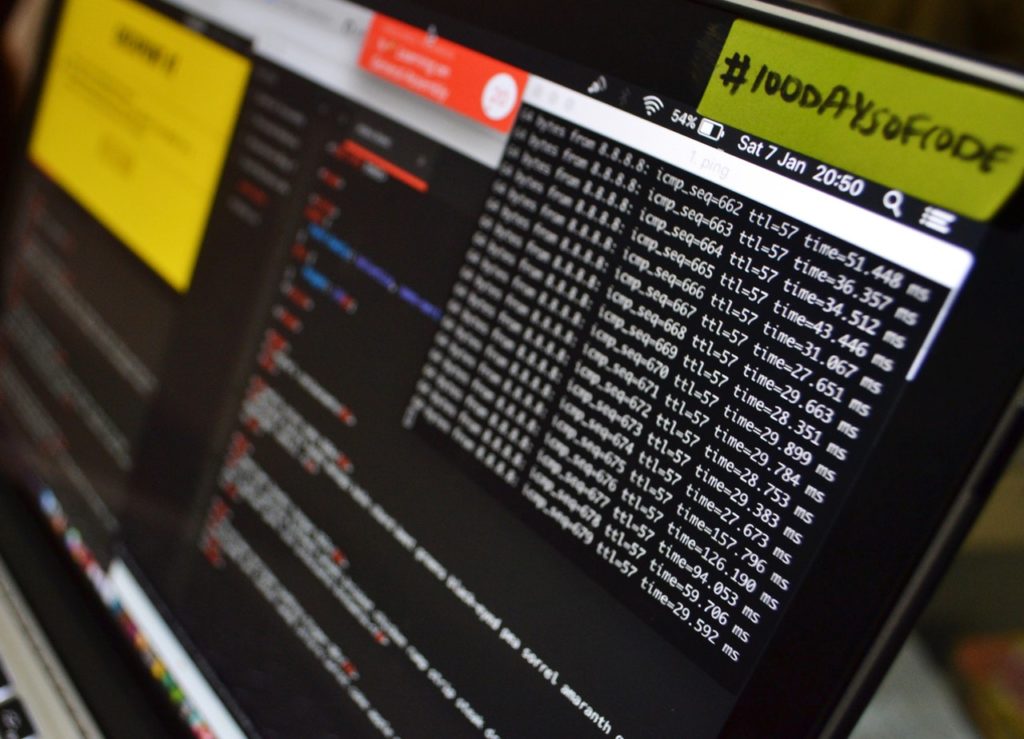Both large and small firms are under cyber-attack. But, some people believe that only big businesses face the risk of cyber-attack.
Even though large companies are an attractive target due to the amount of data they hold, every business is at risk of cyber-attack.
What is a Cyber-Attack?

A cyber-attack is an unlawful attempt to access, expose or destroy your data. It can be done by an individual or by an organization. Normally, the attacker seems to benefit by attacking the victim’s network. The most common types of cyber-attack include:
- General Malware – this is the most common attack that comes inform of viruses, worms, spyware, and ransomware. It occurs when a user clicks an email, link or an attachment that then installs a dangerous program. The moment the malware enters into your system it blocks access to major components, install risky software or disrupt certain components.
- Phishing – this is a practice of sending untrue information appearing to have come from a genuine source. This is can be from an email or social media account. The main aim of phishing is to steal sensitive data such as log-in information, credit card or install a virus into the system.
- Web-based attack – this is when a virus gets into your network through the internet. There are several ways a web-based attack can happen including hackers or sites that seem legit.
So, how can your business avoid becoming a victim of cyber-attack? Below are 5 top practices in cyber-security for business.
Five Top Practices in Cyber-Security for business

1# Building Awareness on Cyber-Security
According to various findings, human error is the number one cause of cyber-attack. Hence, to ensure you have a secure network, you need to create awareness in your company.
Educate everyone about cyber-attacks and their consequences. Some staffs do not understand the connection between their actions and the risk. Therefore, it is necessary to create awareness and educate them all.
For instance, several employees install programs into their work laptops without knowing they can compromise the security of the company.
And since cyber-criminals are always inventing new techniques, it is essential to have regular updates on cyber-security. Moreover, have all your staffs sign a document stating that they should follow the security policies.
2# Protect your Borders by Investing in Technology
For a long time, firewalls have been a basic of cyber-security defence. A firewall creates a barrier between your network and cyber-criminals.
Therefore, ensure you have well-defined firewalls around all different types of data in your business. For example, not every employee should access every part of your business data.
In addition, your firm should use original software and have the latest versions to counter any cyber threat.
For instance, in a city like London where the risk of cyber-attack is still high, especially among the small and middle-sized organizations, having the latest programs and operating systems is the best defence against cyber-attack.
3# Back up Your Data and Test the Backups Regularly

Even though it is important to prevent cyber-attacks before they happen, a breach can happen. Therefore, it is essential to back up all your data including databases, word processing documents, financial files, electronic spreadsheets, account files, and human resource files among others. To ensure your backup data is safe, have it stored in a different area in case of flood or file.
Also, make sure you test your backups regularly to ensure they are working. Do not wait until a breach has occurred to know that your backup systems are not working as expected.
So, when you invest in backup systems, test and verify that the data is secured.
4# Highlight the Significance of Passwords

Most employees do not value passwords. Actually, most of them use the same passwords to log-in to bank accounts, email accounts, office accounts, and social sites.
In addition, some use dates of birth, names, maiden names, nicknames, or predictable information as passwords. This is very risky because cyber-criminals can easily access sensitive information.
Since you cannot do away with passwords in your company, you need to highlight their importance. And the best way is to reinforce effective password practices such as having a password-manager application or use of two-factor authentication.
In addition, employees should be encouraged to include uppercase, lowercase, symbols and numbers in their passwords. Besides, they should change their passwords after sixty or ninety days.
5# Do Not Fight Cyber-Attack Alone

Whether you have a small or a large firm, you cannot do everything on your own. This is because you need time and resources to prevent cyber-attacks. In addition, cyber-criminals are looking for new and difficult ways to compromise networks. Therefore, it might be a good idea to engage IT support companies.
IT specialists understand the strategies most cyber-criminals use to hack an organization’s system. In addition, they can be able to educate employees on the best practices to use to avoid being attacked.
Cyber-Security: The Bottom-Line
Cyber-criminals are getting innovative every day. And for you to safeguard your data, you need to be ahead of them. The above practices are the most recommended ways to prevent cyber-attacks.
By building awareness, protecting your borders, backing all your data, highlighting the benefit of passwords, and engaging an IT support firm, you can ensure your data is safe and secure.
Read Also:
- How to Plan IT Support and Services for Your Small Business?
- Top 3 Cybersecurity Solutions For Small Businesses
- 7 Business Data Management Tools That Can help You Grow
- How to Protect Online Business from Cyber Security Threats
- How to Solve IT Challenges for Your E-Commerce Business
Author Bio: David has held positions as Operations Director and Head of IT in legal and professional firms for more than 10 years. He is a Director and co-owner of Amazing Support, a Microsoft Silver & Cyber Essentials accredited specialist Managed IT Support and Cyber Security company. David actively helps SME businesses receive better Managed IT Support and Cyber Security Services in the London and Hertfordshire areas. He also assists overseas companies who are looking to expand their business operations into the UK and helps with their inward investment IT process. A member of The Chartered Institute for IT (BCS), UK Council for Child Internet Safety (UKCCIS) and an event speaker promoting business start-ups and technology awareness. Married with a son, you will often see him riding his bicycle around the Hertfordshire towns! David participates in charity bike rides and is a keen Krav Maga practitioner.
















